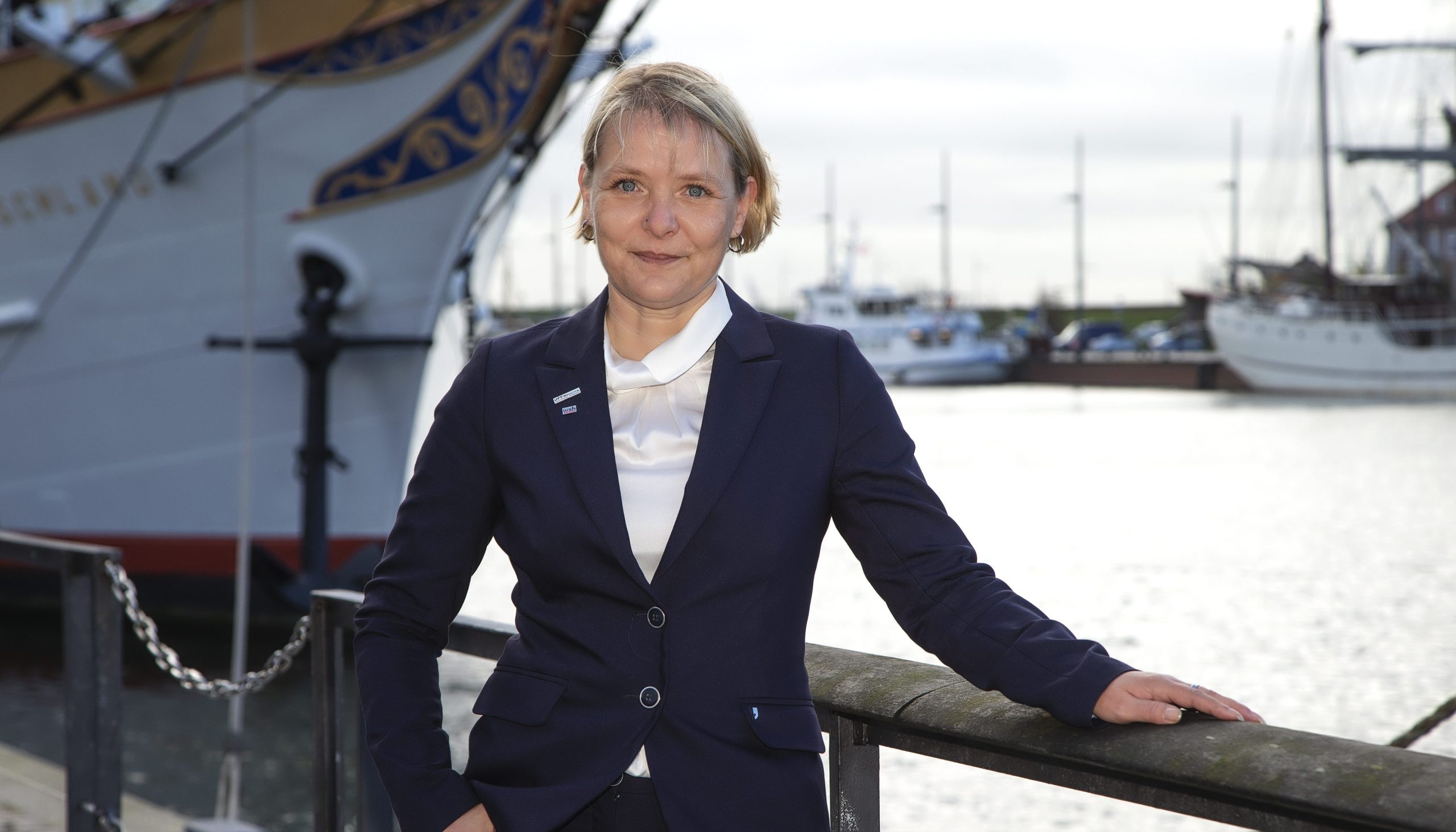The amendment of the Wind Energy at Sea Act (WindSeeG) passed by the German Bundestag earlier today provides for an introduction to qualitative tendering criteria that can make the offshore wind supply industry more sustainable. From the point of view of the wind industry association and hydrogen network WAB e.V., this is an important step for climate protection and employment. However, these criteria will only apply to half of the future tenders and will be less relevant than the price of the bid. The association views the prospect of the production of “green” hydrogen through offshore wind energy positively.
“We welcome the introduction of sustainability criteria with reference to decarbonisation, system efficiency and the skilled labour situation in the supplier industry,” said WAB e.V. Managing Director Heike Winkler. “In this way, offshore wind farms contribute even more to climate protection even before they are commissioned and until they are dismantled, and can promote employment in Germany and Europe,” she added.
“From the very beginning of the discussions on the amendment, we have advocated for the consideration of the carbon footprint and other sustainability criteria and are pleased with the decision to include such criteria. We will continue to campaign for the criteria to be applied to all areas and along the entire value chain in the future. In this way, even more can be achieved for climate protection and sustainability in the expansion of offshore wind energy,” said Heike Winkler.
The plan to tender 500 MW of offshore wind annually over six years from 2023 for the production of “green” hydrogen at sea is also an important step for the ramp-up of the “green” hydrogen economy. Here it remains important that production must be economically feasible in order to quickly achieve the necessary scaling.
The contribution of a planned offshore wind farm to securing skilled labour is also among the new tender criteria for centrally pre-screened areas. This is a good approach, but the law in its current form looks exclusively at the proportion of trainees. This should be supplemented with a training and qualification offensive supported by the federal government in order to secure the targeted wind energy supply after the expansion freeze of recent years.
It is also positive that repowering of existing wind farms is made possible – however, the requirements for security services continue to be an economic stumbling block. In view of the scarcity of land in the North and Baltic Seas, it is important to observe whether the exclusive use of existing foundation structures allows for a sensible increase in the efficiency of land already in use.
The federal government’s support for more port capacities and special shipbuilding is also important for the implementation of the federal government’s expansion targets. “Ports and shipyard locations have a strategic importance for linking climate protection and value creation. Bottlenecks must be urgently avoided here,” said Heike Winkler. Recently, numerous wind farms have been installed in German waters from Denmark or the Netherlands. Both neighbouring countries have recently accelerated their expansion plans for offshore wind energy. “For the federal government’s offshore wind expansion plan as well as for the development of the green hydrogen economy, our ports are indispensable as handling locations, as base ports, as service bases as well as for dismantling and recycling,” said the WAB managing director. “The federal government should support investments in infrastructure and provide flexible financing instruments – for the maritime industry, specialised shipbuilding as well as for the offshore wind supply chain.”
“We are grateful that the Bundestag Committee for Climate Protection and Energy has still introduced important amendments to the bill and look forward to a goal-oriented dialogue with the Federal Ministry for Economics and Climate Action and the authorities involved in matters of climate protection and sustainable value creation in the further expansion of offshore wind energy for electricity and ‘green’ hydrogen,” said Heike Winkler.



























